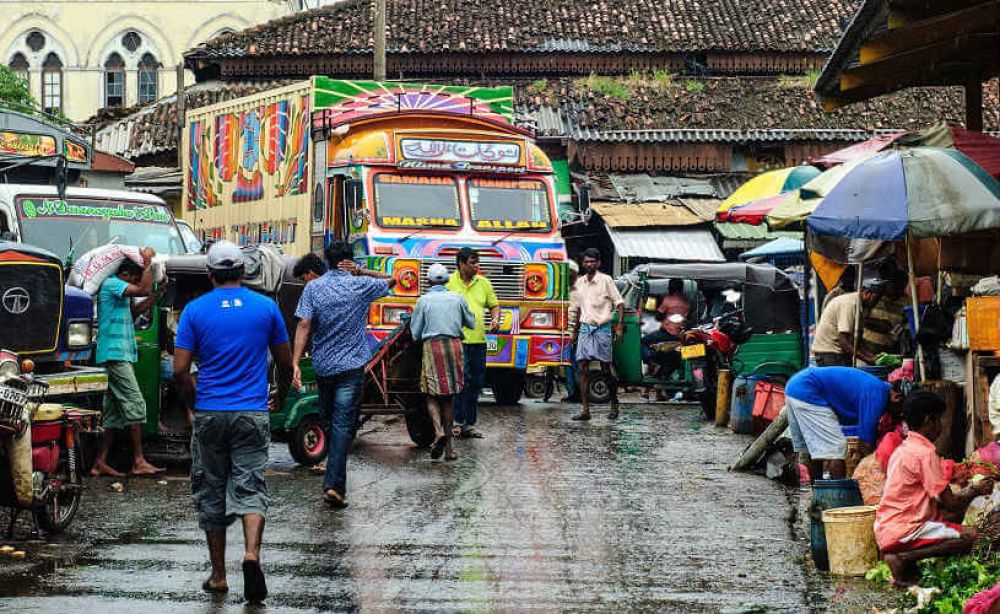

The vibrant Pettah Market in Colombo has been a bustling hub of commerce and culture for centuries. With its origins dating back to the times when Sri Lanka was a significant port on ancient trade routes, Pettah has evolved from a colonial trading area to a modern-day marketplace that captures the essence of the nation's diverse heritage.
The foundations of Pettah's prominence in tourism can be traced back to the Portuguese era (1505-1658), when Colombo served as a key administrative and commercial center. The subsequent Dutch (1658-1796) and British (1796-1948) periods further developed Pettah as a commercial hotspot. The market truly flourished during the British period, with formal grid layouts and the introduction of infrastructure supporting its mushrooming trade activities.
With the end of colonial rule and the dawn of independence, Pettah Market transitioned seamlessly into a microcosm of Sri Lankan society. It became a place where people from various ethnic and religious backgrounds came together, creating a melting pot of cultures, cuisines, and languages that today stands as one of its biggest attractions for both local and international tourists.
In the contemporary era, Pettah has maintained its allure as a destination that offers an authentic slice of Sri Lankan life. Tourists flock to its crowded streets to experience its colorful array of shops selling everything from fresh produce, textiles, and jewelry to electronics and Ayurvedic medicine.
In recent years, the market has seen a surge in visitors interested in cultural and experiential tourism. Travelers are increasingly drawn to local experiences, such as guided walking tours that delve into the history of the market and its surrounding colonial architecture.
Responsible tourism has also become a significant trend, with visitors seeking to engage with the community in a way that supports local economies. This interest has encouraged the development of more small-scale, family-run shops and the emergence of local artisans within the market scene.
Looking ahead, Pettah Market is expected to adapt to the demands of post-pandemic travel. Safety protocols and the integration of digital platforms for virtual tours and online shopping experiences will likely enhance its appeal.
Moreover, sustainable tourism initiatives aim to preserve the vibrant culture and rich history of the Pettah Market while ensuring that it remains a vital and thriving hub for future generations of travelers.
The story of Pettah Market is one of resilience and cultural amalgamation. Its trajectory from a historic trading post to a must-visit destination encapsulates the heart and soul of Colombo. As tourism evolves, Pettah continues to offer an unrivaled window into Sri Lanka's past and a promising avenue for its tourism future.